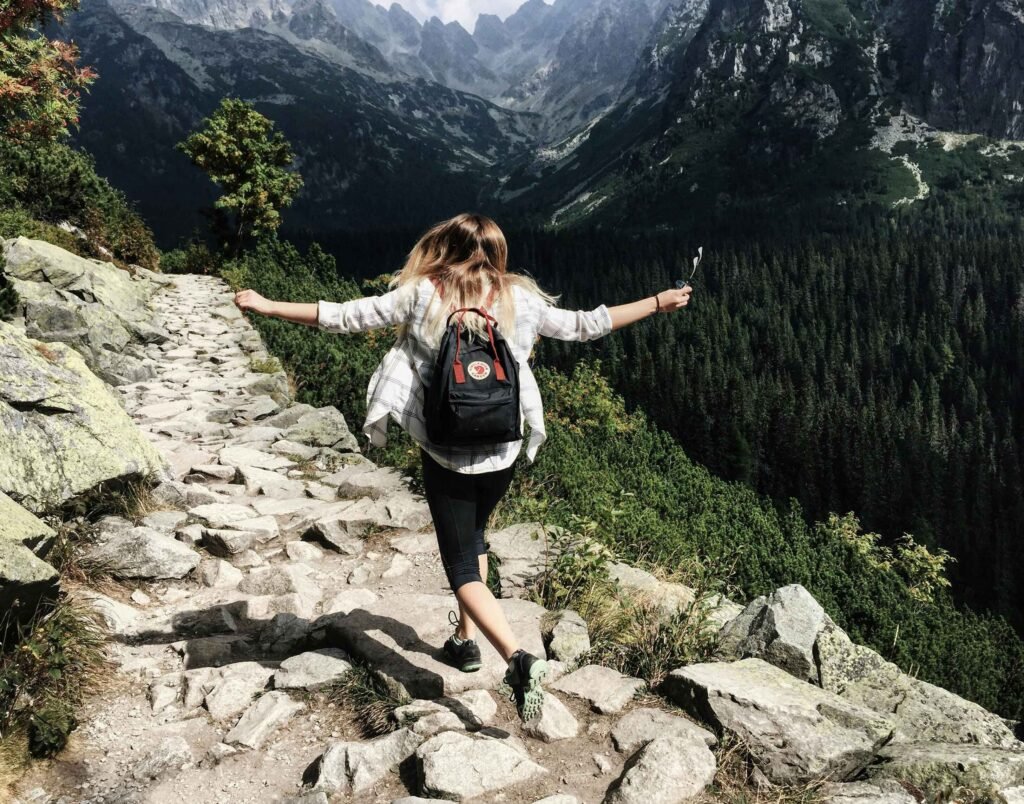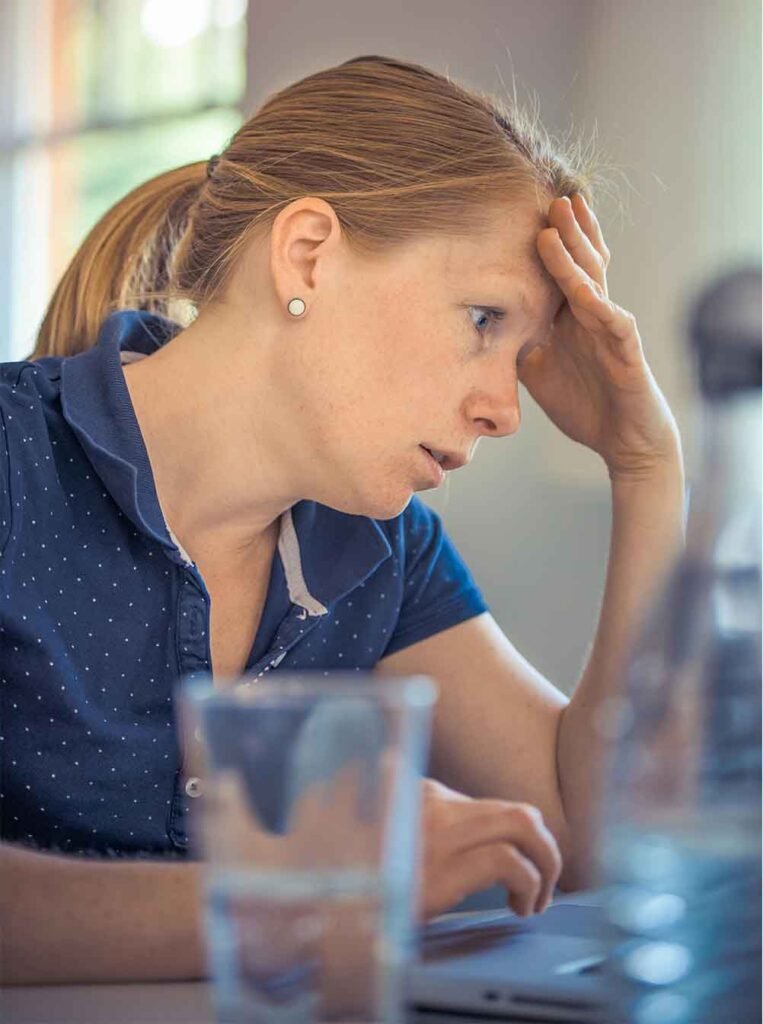There are 20 Ways to Overcome Social Anxiety Disorder Naturally. These are given below
1. Mindfulness Meditation:
In meditation, mindfulness is achieved by the direction of the mind to the present moment, without any predetermined goal of the mind. Quiet meditation sessions having a fixed and regular schedule can be one of the effective mechanisms to deal with social anxiety. Such type of mechanism reduces stress levels, quiets anxious thoughts, and enhances awareness leading to the ability to control social anxiety.
2. Deep Breathing Exercises:
Active practices like belly or diaphragmatic breathing where you breathe from the bottom of your stomach using the diaphragm rather than the top of the chest center will help relax your body and mind. Calming of the physical anxiety symptoms can be performed by adopting a technique that can help control breathing, such as fast heart rates and shallow breaths.
3. Progressive Muscle Relaxation (PMR):
Disparu PMR is defined by the tense-up of the muscle groups and then the dropping of all the other groups of muscles one by one. This method of breathing technique trains a person to breathe slowly which soothes off tension so that they can be able to relax and finally have an all-round feeling of stability.
4. Exposure Therapy:
As you go along over time when you proceed to face your social situations in a few small baby steps one by one, those situations can eventually become less and less socially “anxiety-provoking” for you. Get accustomed by taking slow steps, at first in a way that you hardly notice you are encountering difficulties, and then slowly making them more and more intense. Equip yourself with the calming script you think works by practicing and evaluating your anxiety-relieving techniques until you find those that are useful to you.
5. Cognitive Behavioral Therapy (CBT):
From among those numerous therapeutic methods, CBT (cognitive-behavioral therapy) stands out as the one that most efficiently manages the disorders of social anxieties. This gives mental health counselors to work on the identification and correction of both negative daily routines and ideas bearing anxiety as well as their replacement with more realistic and positive ones.
6. Positive Affirmations:
Speaking out goodies, we constantly remind ourselves that we genuinely matter. “I believe in myself and my social interactions” are examples of statements that should be taken as something self-empowering instead of a self-denying practice and as such they improve self-esteem.
7. Healthy Lifestyle:
Healthy living may be the key that unlocks the hope of achieving even well mindset being, this in turn could be the factor that corrects the symptoms of social anxiety. These are things, when done consistently – face-to-face exercises, balanced food, getting enough sleep, and not being into excessive caffeine and alcohol here all the time – take a very important part in mental health condition.
8. Limit Stimulants:
In the same manner, alcohol and caffeine stimulants can also create them. However, the strength and the effects are not as strong as those of illegal drugs. This is the case because an awful lot of people feel much better when they stay far from refined and simple sugars. As a result, they become calmer and can enjoy a more balanced life.
9. Herbal Remedies:
Herbs such as chamomile tea, lavender oil or valerian root go some way in alleviating anxiety and when used, mental health improves. By all means, you should ask for a doctor’s advice before taking herbal remedies, though, just to make sure that they don’t have any allergy-causing properties and that your body can cope with remedies.
10. Mind-Body Practices:
The fact that through exercises like yoga, tai chi, and qigong, people immerse into the “head and body” and mindfulness, good relaxation, and stress elimination, therefore, can become achievable. It found the familiarization rate and coping anxiety within a social gathering also.
11. Journaling:
Keeping a journal is a useful tip because by writing down what you are feeling, and thinking, and what anxiety social anxiety-related incidents, you do not need someone to share these feelings with. It could be input to log a trigger and symptoms and could include also a self-care checklist.
Table of Contents


What Are the Causes and Symptoms of Social Anxiety Disorder? How to Diagnose Social Anxiety?
Social anxiety disorder which can be richiosly compared to social phobia is characterized by a range of experiences from severe social anxiety to not-that-intense social anxiety. Starting with the diagnostic criteria and common characteristics of social anxiety disorders, which are multilayered and can result in numerous psychosocial problems.
Understanding Social Anxiety
At the core of social phobias, there is an all-pervading fear of social interactions, including reversing a simple conversation with other people into a public speaking event. While those with extremely high social anxiety suffer from an overwhelming uncomfortable feeling and resistance to participating in social settings, social anxiety may significantly burden one’s daily burden.
Moderate social anxiety in panic attacks or anxiety but yet not severe panic attacks may lead to panic attacks and distress, while moderate social anxiety that remains manageable may lead to the development of social anxiety but yet it is manageable. Severe cases like extreme social anxiety and social anxiety disorder come with intense phobia and much more difficulty in dealing with social interactions. On the lower end of the spectrum, social anxiety, mild social anxiety, and minor social anxiety present as occasional discomfort or nervousness in social situations.
Social anxiety disorder leads to symptoms.
To determine the symptoms of social anxiety disorder and to devise five steps for overcoming, early intervention, as well as support is the vital thing. Some of the most notable signs of social anxiety disorder are an overly attentive attitude toward yourself, the fear of being judged or watched by others as well as visible symptoms like blushing, sweating, or trembling, which in turn lead to the avoidance of social situations. Realizing and contributing to their solution can make a lot of difference in an individual’s quality of life.
Causes and Triggers
Examining the roots of social anxiety disorder involves a complicated multi-part issue. Genetic inclination, amounts of chemicals in the brain, past social traumas, and simple behaviors can trigger social anxiety. The path of intensive social anxiety might be the result of stressful and devastating occurrences or chronic overshadowing, while social phobia may develop from the combination of genetic predisposition, as well as environment-related factors.
Diagnosis and Management
Most of the time proper social anxiety disorder diagnostics looks like a complex process that is usually done by professional mental health specialists. Diagnostic criteria values are rated based on sources such as DSM-5 and the process of secretion becomes more effective. Management strategies may be represented in the form of Cognitive-Behavioral Therapy (CBT), Exposure therapy, Medication, and Lifestyle adjustment for social anxiety disorder Individualized treatment strategies are designed to be symptom-reducing and more conducive to living well.
Navigating Social Anxiety:
Being a freshman is tough and trying to find people who you can turn to when you need a shoulder to lean on, is an arduous task.
Working out the area with social anxiety demands a combination of functions. People with moderate social anxiety may do fine with intensive therapy, while people with mild types of social anxiety may control it with the help of self-help methods, support groups, and gradual socialization. Recognizing the causes and symptoms of the disorder remains the first thing to do to treat the issue in the right way.
Social anxiety disorder manifests in multiple ways, so much so that it should be considered unique for each individual and therefore should be tailored to each person. The causes of anxiety should be learned, the signs and symptoms of the disorder should be identified, and appropriate management strategies can help people with these obstacles triumph over their anxiety and gain confidence.


Pingback: 6 Most Common Physical signs and symptoms of anxiety | wellnesswebcentral